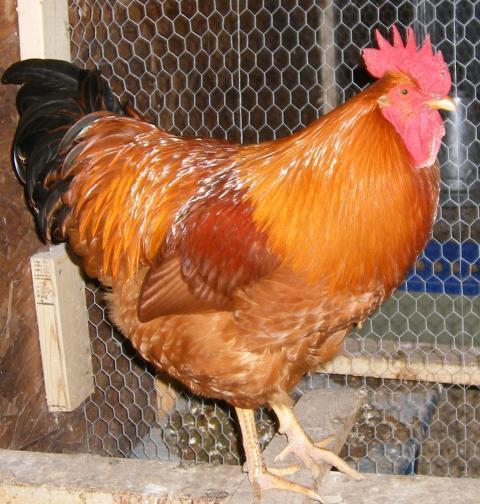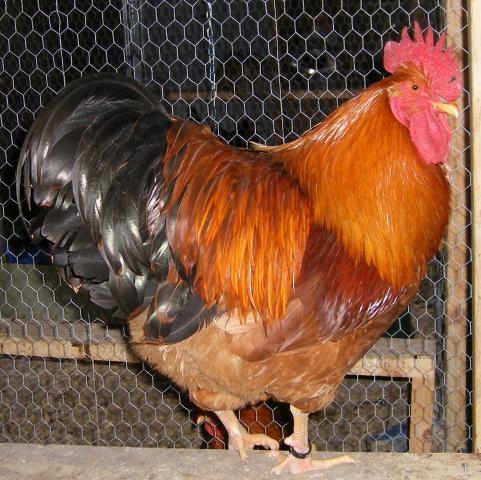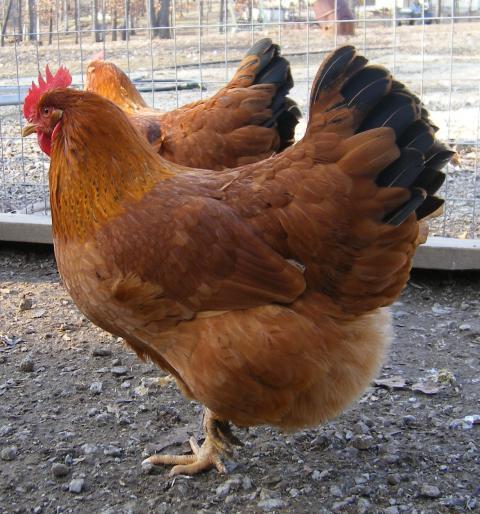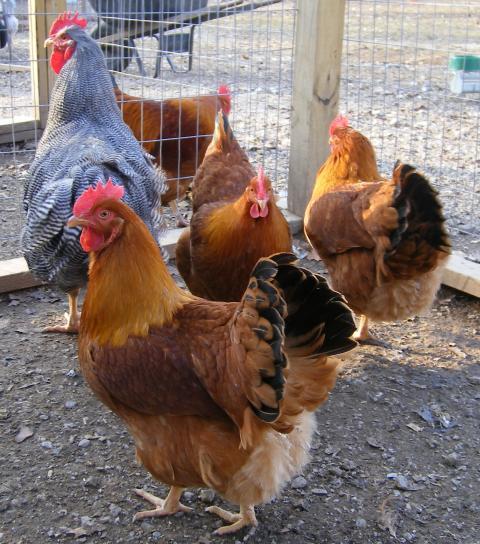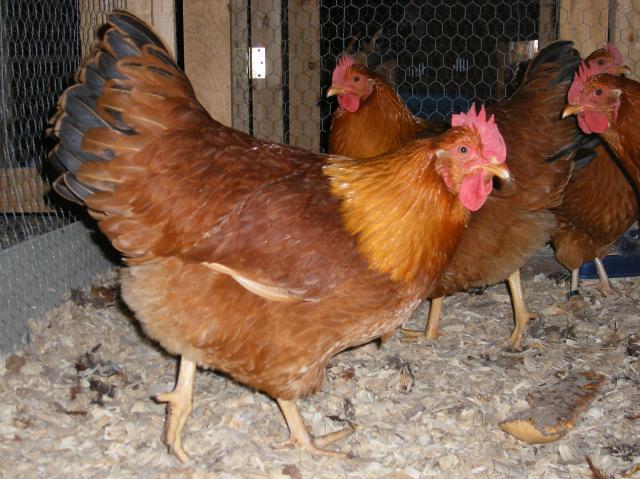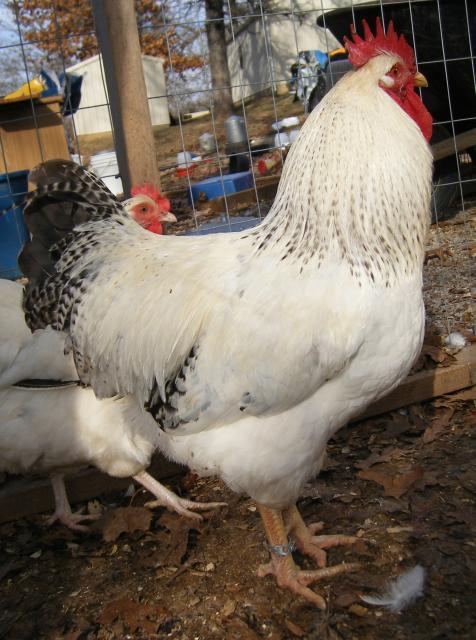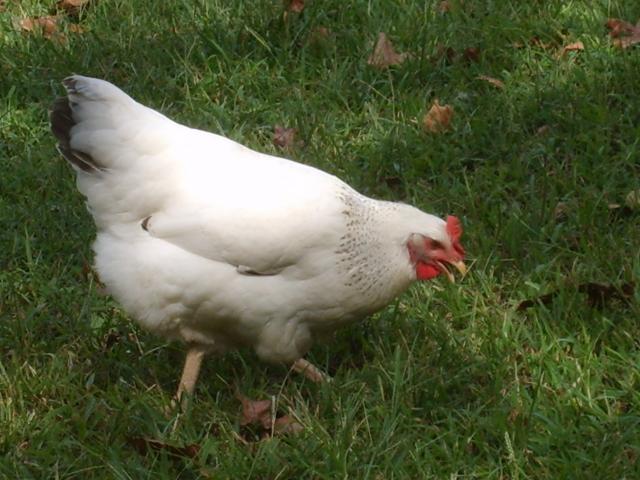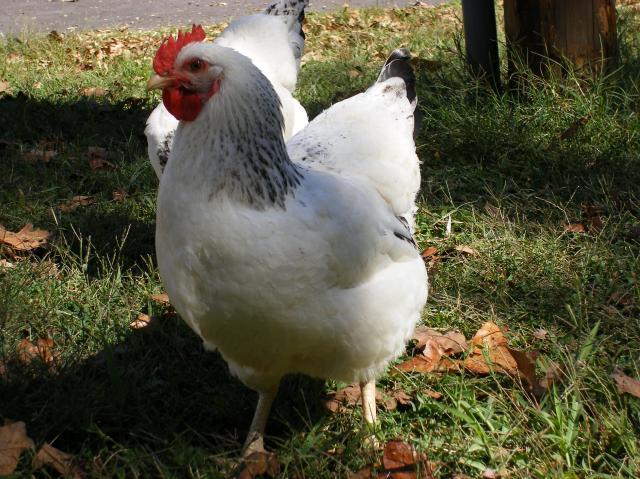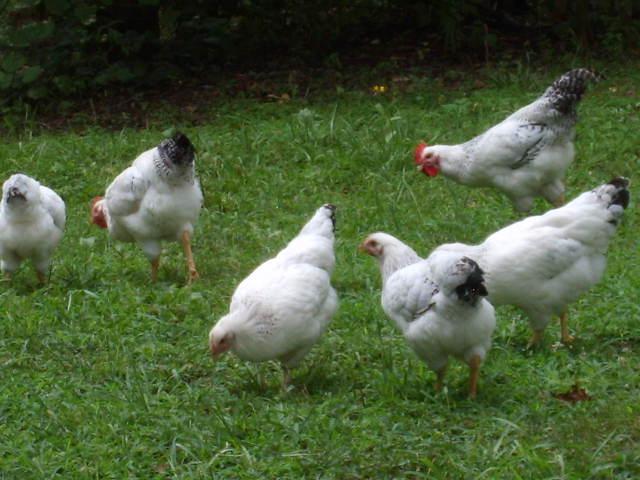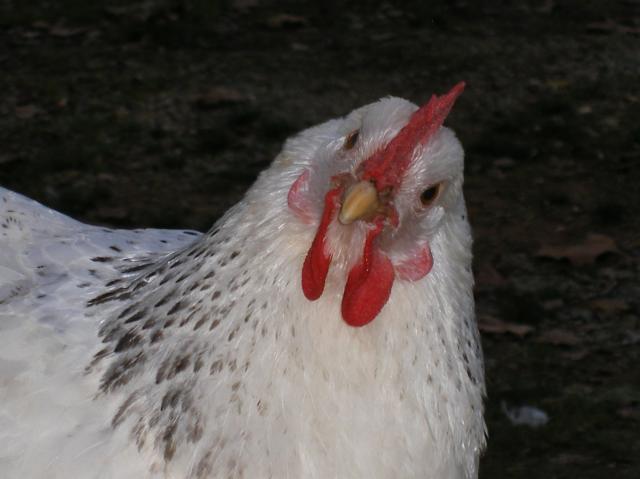- Oct 2, 2010
- 64
- 0
- 29
I don't have chickens yet, so this is just research for later.
I would like to do my part in preserving the backyard/farmyard flock. What are some good heritage breeds for a small flock, for eggs and meat?
I'd like to think that I'm helping to preserve a rare breed for future generations, while not sacrificing good eggs and meat

Not interested in showing, just enjoying.
I would like to do my part in preserving the backyard/farmyard flock. What are some good heritage breeds for a small flock, for eggs and meat?
I'd like to think that I'm helping to preserve a rare breed for future generations, while not sacrificing good eggs and meat

Not interested in showing, just enjoying.







